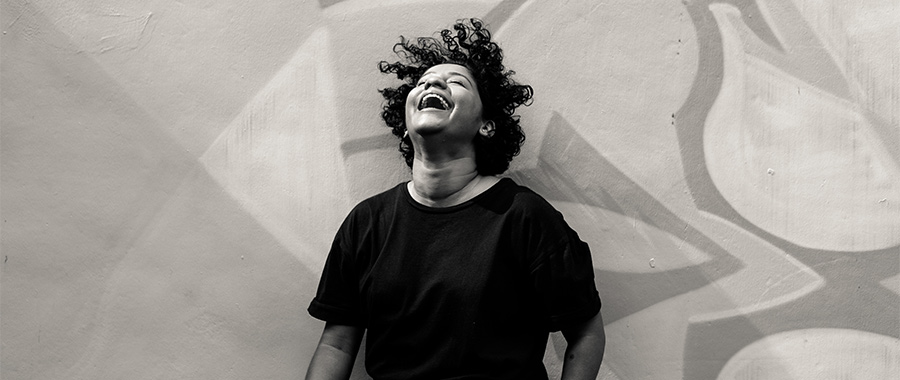In the realm of spirituality, the nexus between the corporeal and the ethereal often necessitates profound contemplation. The Bahá’í teachings, encompassing a holistic vision of human existence, illustrate the vital importance of nurturing the body alongside the spirit. This intricate relationship can be likened to the interplay of a finely tuned musical score, where each note resonates in harmonious accord with another. As we embark on this exploration of taking care of the body spiritually, we delve into a framework that underscores the essence of integration, balance, and well-being.
At the outset, it is imperative to recognize that the body is not merely an anatomical structure but a sacred vessel entrusted with the task of carrying the spirit through life’s myriad experiences. This viewpoint posits that neglecting the physical realm can be detrimental to spiritual growth. The Bahá’í teachings enjoin adherents to view the body as an instrument through which the divine qualities of the spirit are manifested; thus, safeguarding its health becomes a spiritual duty. The metaphors of gardens provide fertile ground for understanding this concept, as they symbolize nurturing the soul while tending to the corporeal needs necessary for flourishing.
One of the first tenets of caring for the body spiritually is fostering a lifestyle characterized by moderation. This principle is akin to the delicate balance of the ecosystem, where every element contributes functionally without overwhelming the others. The Bahá’í teachings advocate for moderation in food intake, exercise, and even rest. Overindulgence in any aspect can lead to discord, much like an overgrown garden that becomes unsightly and unmanageable. Moderation cultivates an environment conducive to spiritual enrichment, permitting individuals to align their physical needs with their spiritual aspirations.
Another fundamental aspect of nurturing the body spiritually lies in the realm of physical activity. The body, like a finely crafted instrument, requires regular maintenance and care to produce the best results. Engaging in exercise not only fortifies the body but also invigorates the spirit, creating a symbiotic relationship where each realm uplifts the other. The Bahá’í teachings encourage movement, viewing it as an expression of joy and vitality. This perspective transforms mundane workouts into celebrations of existence, akin to a dancer performing an exquisite ballet under the bright lights, fully embracing the gift of life and health.
Moreover, the dietary choices one makes serve as an external reflection of their internal spiritual commitments. The Bahá’í writings emphasize the importance of consuming a balanced diet enriched with wholesome, natural foods. This concept transcends mere sustenance; it encapsulates the understanding that food can either hinder or enhance an individual’s spiritual journey. One might liken the body to a temple, where the quality of offerings determines the sanctity of worship. When nurtured with nutritious sustenance, the body can thrive, enabling the spirit to burgeon forth with vibrancy and purpose.
In conjunction with physical nourishment, the role of emotional well-being cannot be overstated. The Bahá’í teachings underscore the intrinsic connection between mental health and spiritual vitality. Just as a flower wilts without sunlight, so too does the spirit languish in an environment marred by negativity or distress. Practicing mindfulness, engaging in prayer, and fostering positive relationships are critical to maintaining this emotional garden. Through cultivating an atmosphere imbued with positivity, individuals foster tranquility, enabling both body and soul to flourish in tandem.
Emphasizing the need for interdependence between the various aspects of being, Bahá’í teachings illustrate that spiritual growth acts as a catalyst for physical health, and vice versa. This reciprocal relationship manifests an important truth: spiritual and physical well-being cannot exist in isolation. A physical ailment may impede one’s spiritual potency, just as spiritual malaise can manifest through physical ailments. Therefore, practitioners are encouraged to recognize discomfort as a call to restore equilibrium, much like a gardener who attentively observes the signs of distress in plants and takes action to correct the imbalance.
Furthermore, the community dimension of health remains a pivotal aspect within the Bahá’í framework. Spiritual nourishment flourishes in communal settings, where shared experiences forge connections and foster collective resilience. Engaging with others allows for the exchange of ideas, mutual support, and encouragement in living out the teachings. Community gatherings can be seen as the watering of collective roots, allowing for a flourishing grove where each believer uplifts and strengthens the other.
To further aid the journey of taking care of the body spiritually, the practice of introspection cannot be dismissed. Reflecting on one’s actions, thoughts, and intentions provides clarity, allowing individuals to navigate the intrinsic complexities of life purposefully. This exercise nurtures spiritual awareness, bridging the divide between the body and spirit and enhancing overall well-being. Consider it akin to tuning a musical instrument, ensuring each string is appropriately tightened to produce harmonious melodies.
In conclusion, the Bahá’í teachings present a comprehensive paradigm for taking care of the body spiritually, reinforcing the idea that nurturing one’s physical being is intrinsically linked to fostering spiritual growth. By embracing moderation, engaging actively, choosing nourishing foods, nurturing emotional well-being, recognizing interdependence, valuing community, and practicing introspection, individuals can cultivate a harmonious existence. This journey resembles the ceaseless turning of a wheel, where every aspect contributes to forward momentum. Through such deliberate actions, adherents of Bahá’í teachings honor the divine potential within themselves and ensure that both body and spirit not only coexist but thrive in radiant balance.
